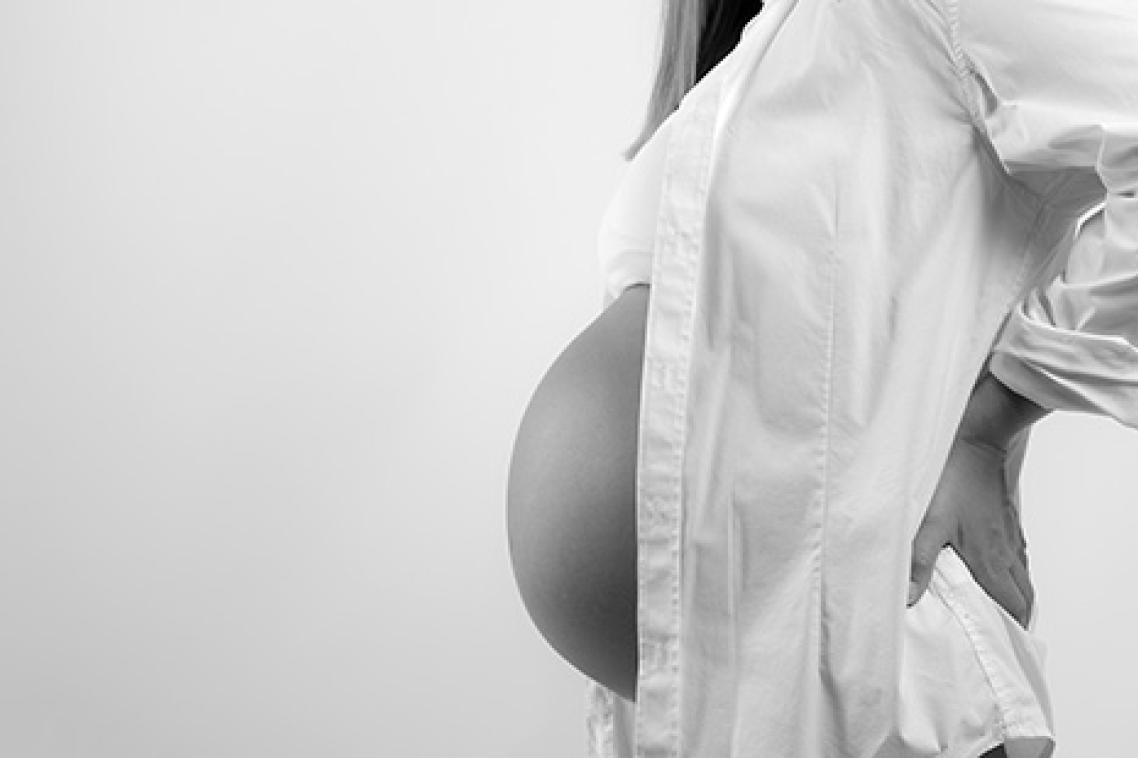Labour-inducing drugs put to the test

Researchers comparing the use of two drugs for pregnant women who do not go into labour shortly after their waters break have found both are reasonable options.
University of Queensland researcher Dr Kassam Mahomed compared intravenous oxytocin infusion to prostaglandin gel for women who chose to have their labour induced.
Dr Mahomed said oxytocin usually brought on contractions quickly and therefore they tended to be more painful, whereas prostaglandin allowed for gradual onset of contractions.
“Our small study assessed the safety and efficacy of a prostaglandin regimen and found fewer women needed additional oxytocin, with no adverse effect on the mother and newborn,” Dr Mahomed said.
Researchers conducted a randomised trial involving 184 women, and found 53 per cent of induced labours from the prostaglandin regimen did not require any oxytocin to speed up contractions.
“This was particularly evident in women with more than one child, with 67 per cent not requiring any oxytocin,” Dr Mahomed said.
Abnormal foetal heart rate was recorded in 4.4 per cent of labours induced by prostaglandin, compared to 12.8 per cent for oxytocin.
However, the oxytocin group reported greater satisfaction with the method used (83 per cent compared to 69 per cent); labour pains starting as they would have liked (71 per cent compared to 57 per cent); and the time it took to start labour (70 per cent compared to 44 per cent).
“Some women will choose to have labour induced with oxytocin as it is much quicker, while others may wish to have less intervention and reduce the risks of needing oxytocin, which is usually given as an intravenous infusion.”
The research has been published in the Australian and New Zealand Journal of Obstetrics and Gynaecology.
Media: Dr Kassam Mahomed, Kassam.mahomed@health.qld.gov.au, +61 407 034 283; Faculty of Medicine communications, med.media@uq.edu.au
Related articles

Decades of surveys show whale migration shift

Should you consent to your doctor using an AI scribe? Here’s what you should know.
Media contact
UQ Communications
communications@uq.edu.au
+61 429 056 139
